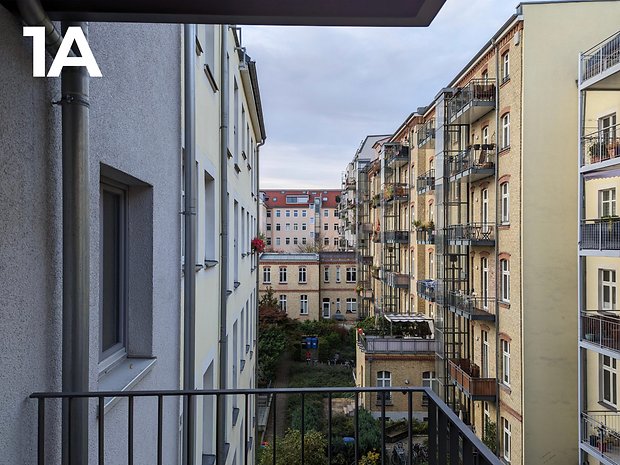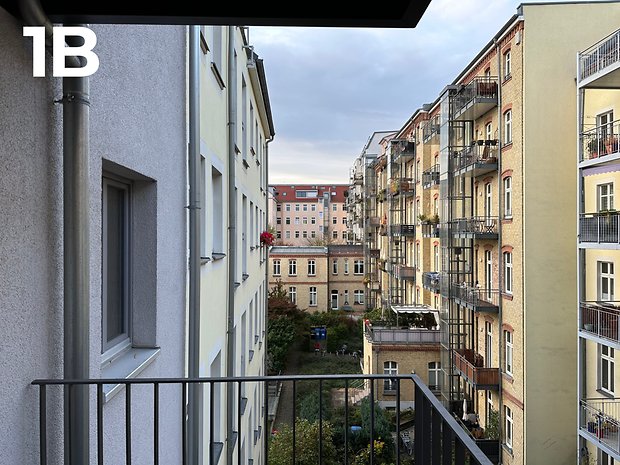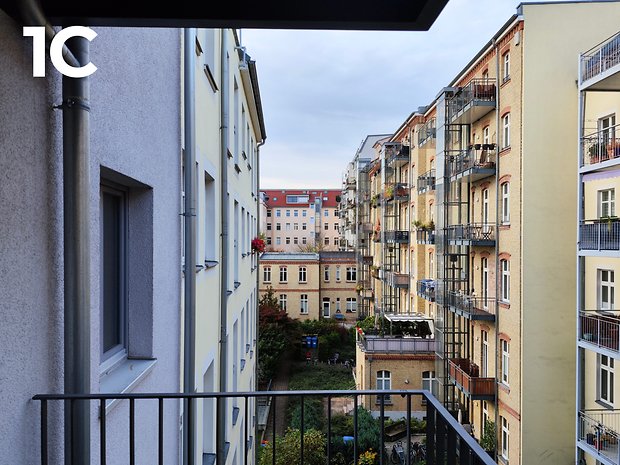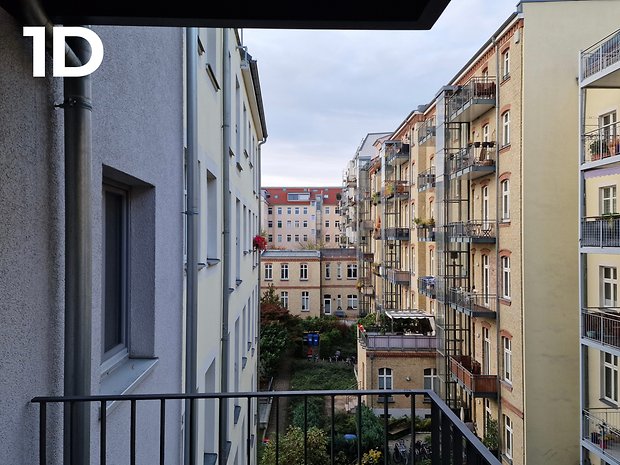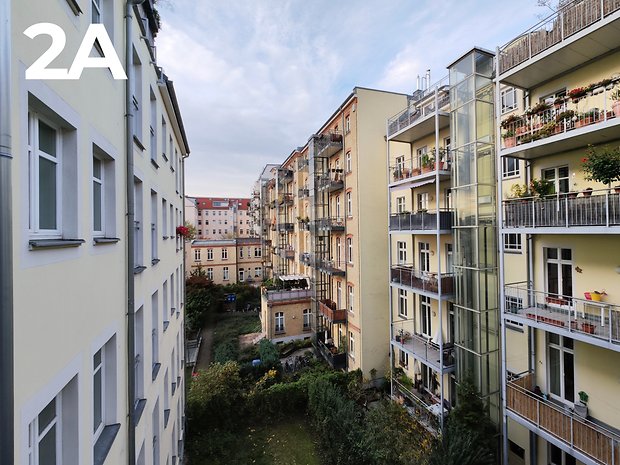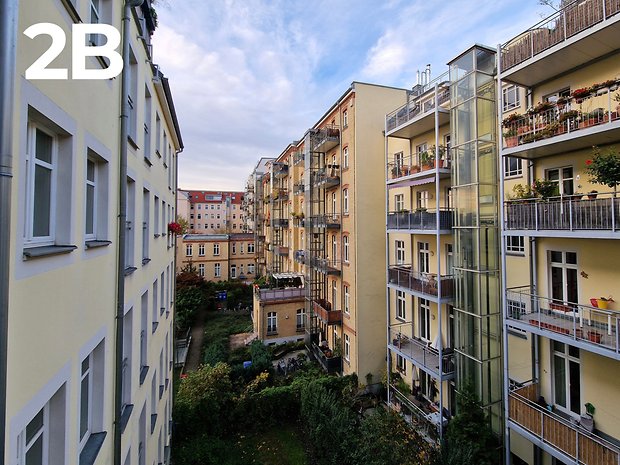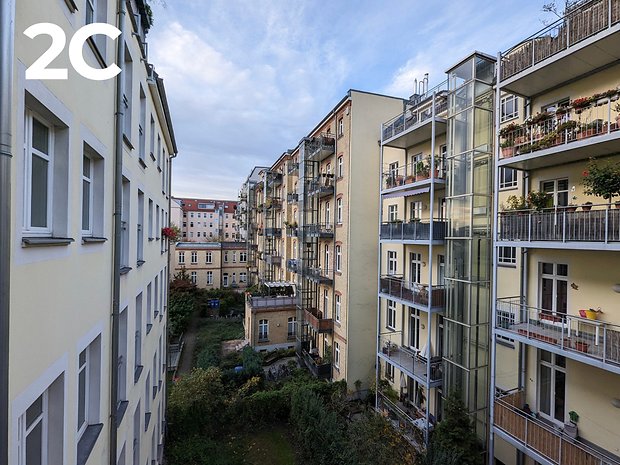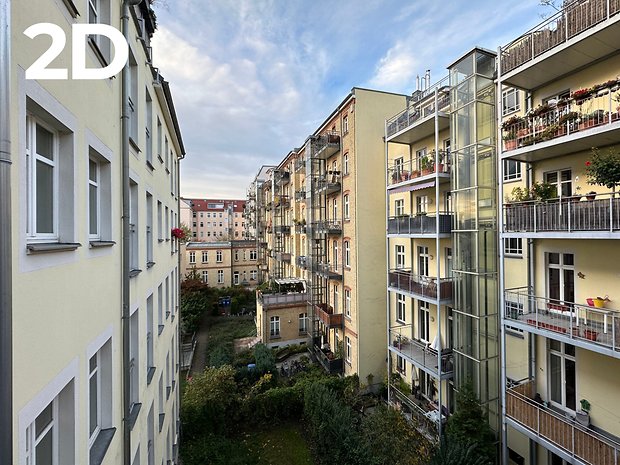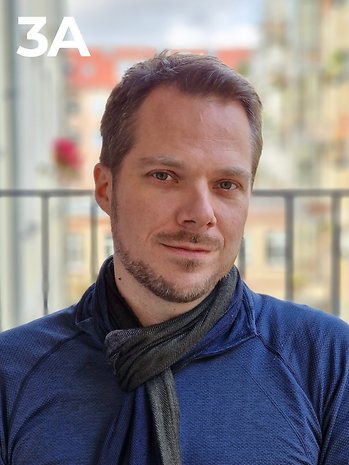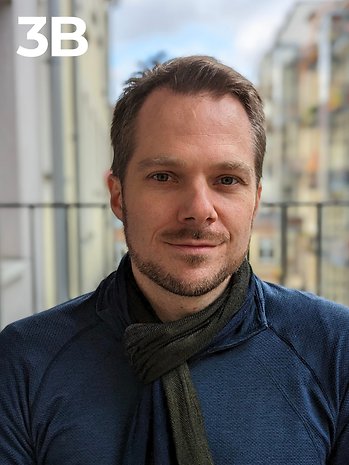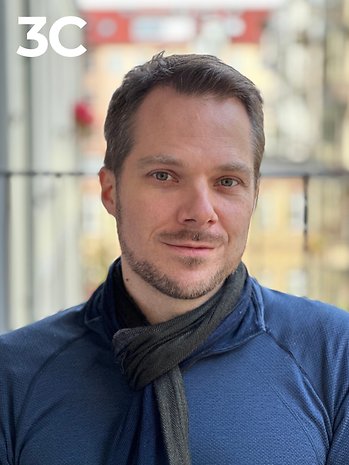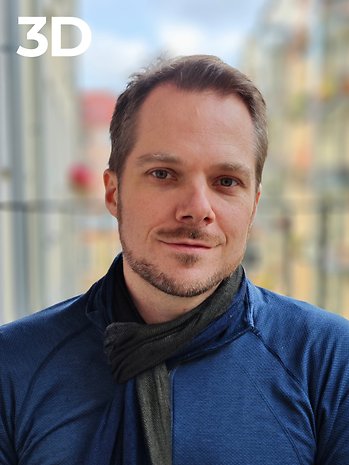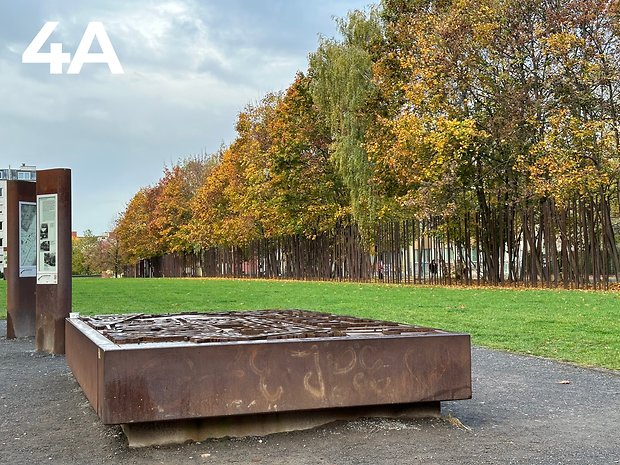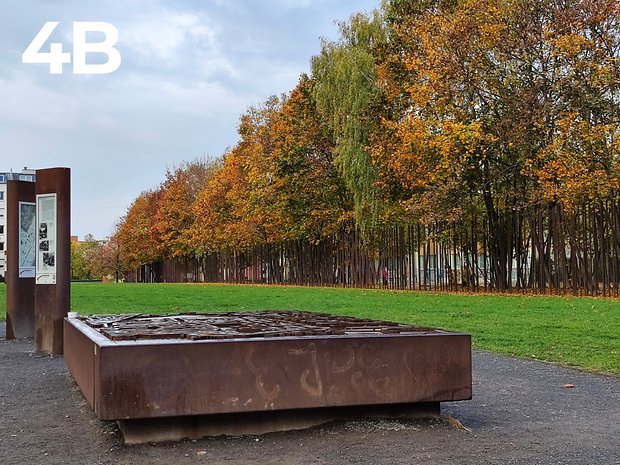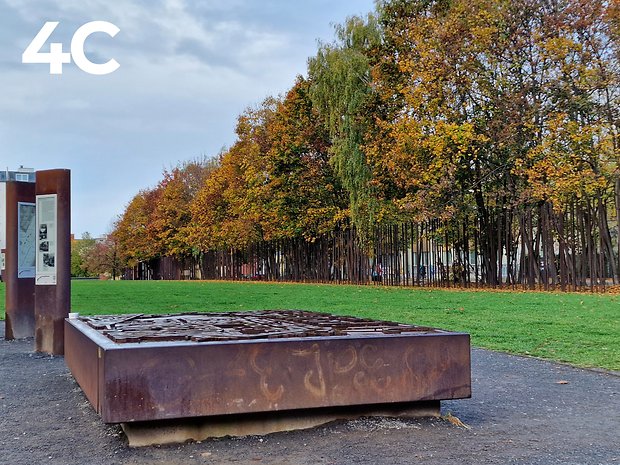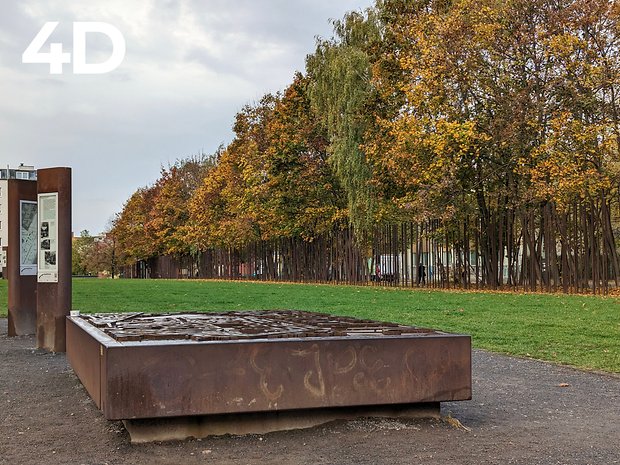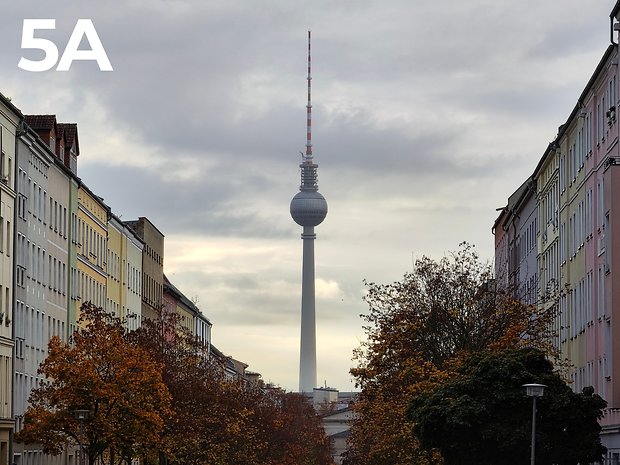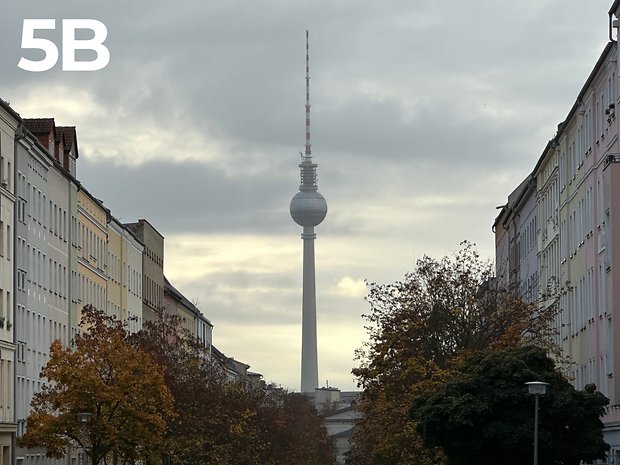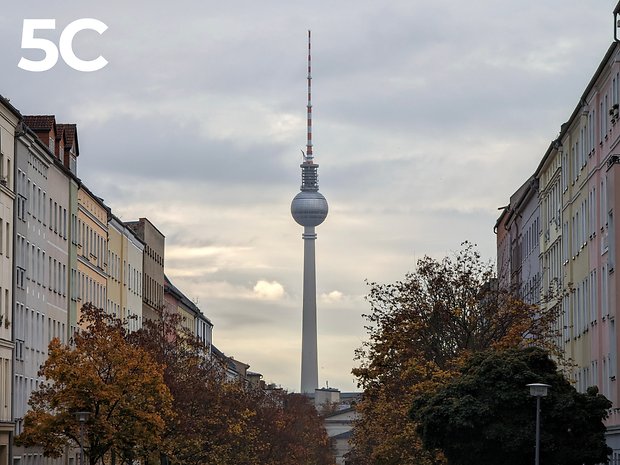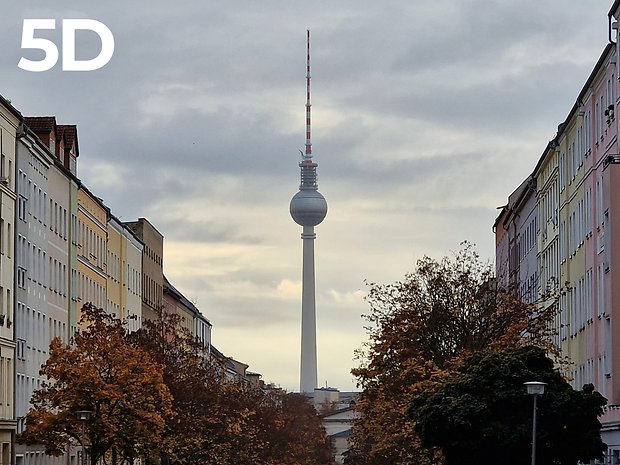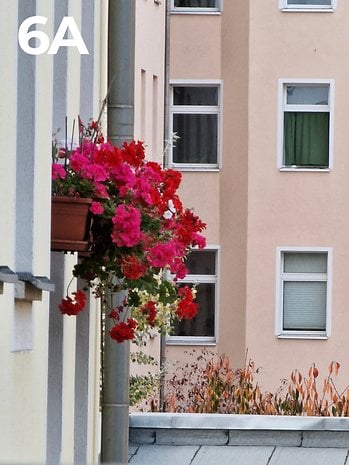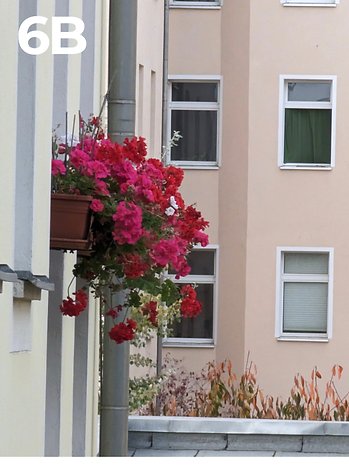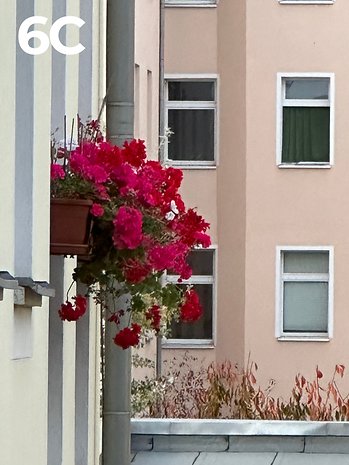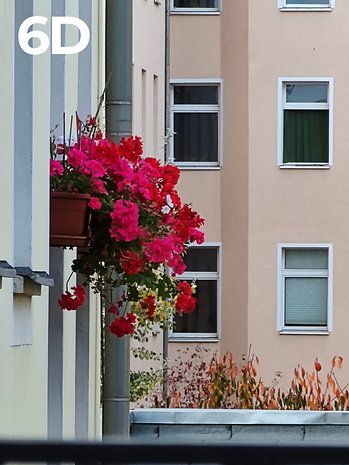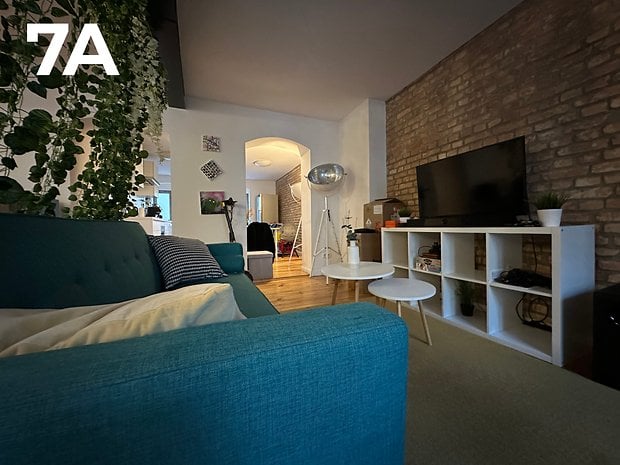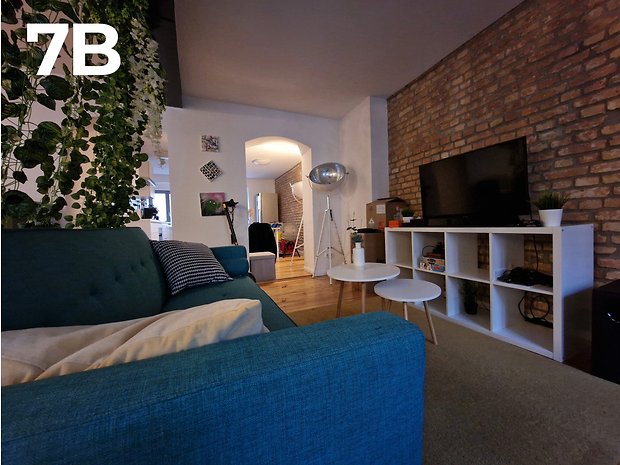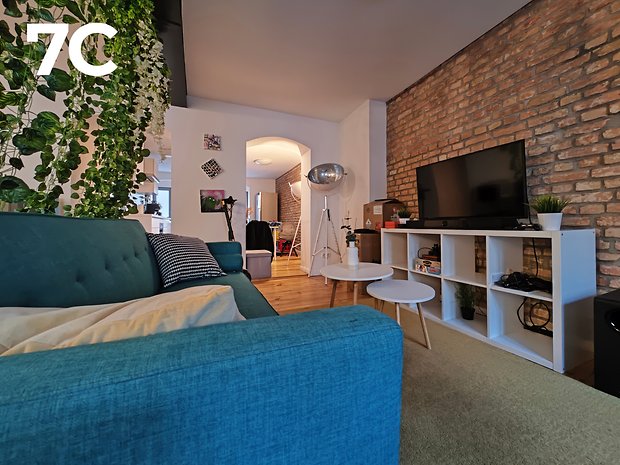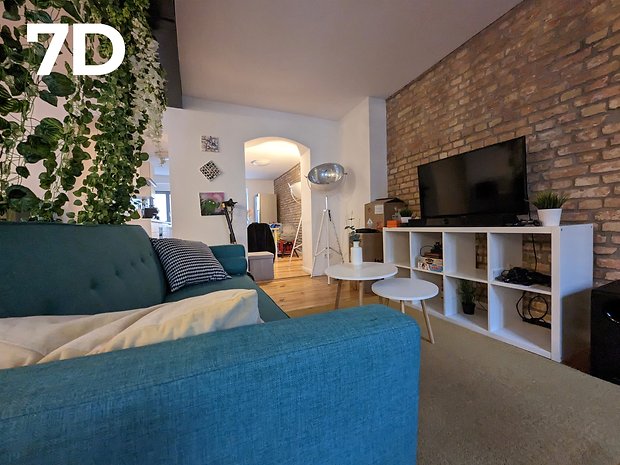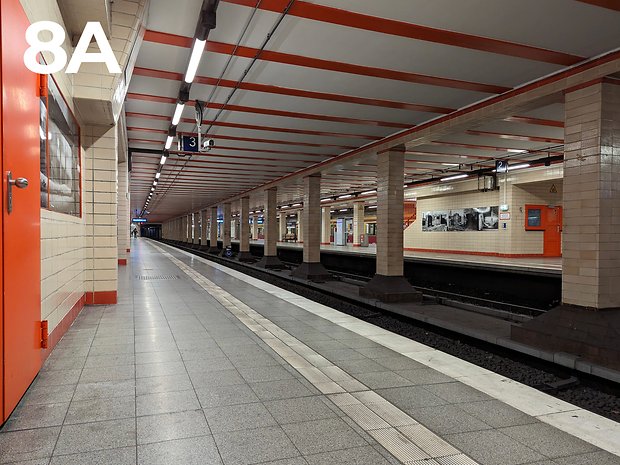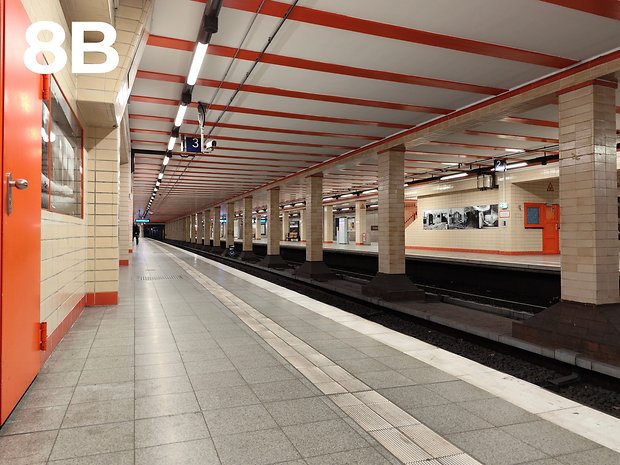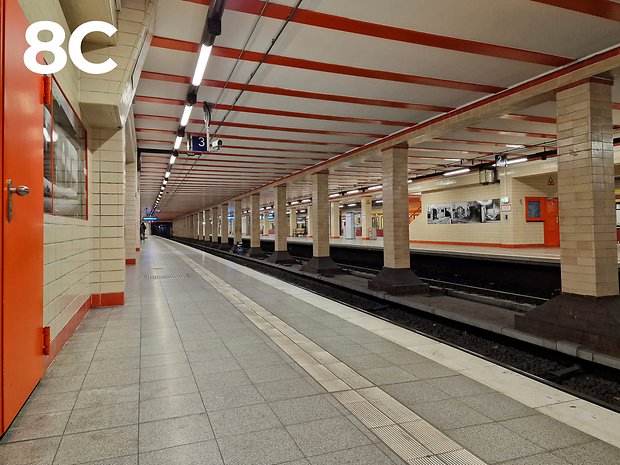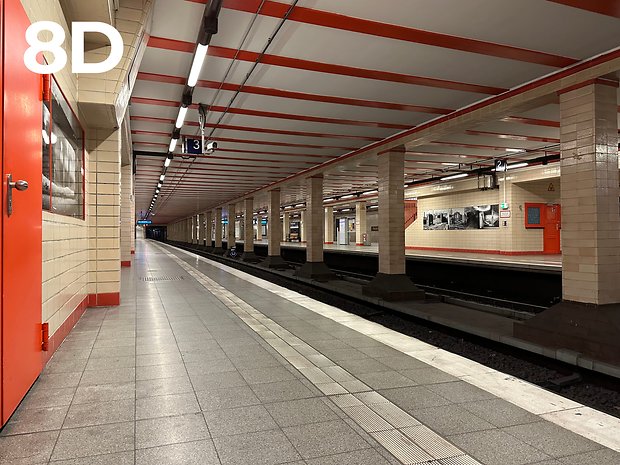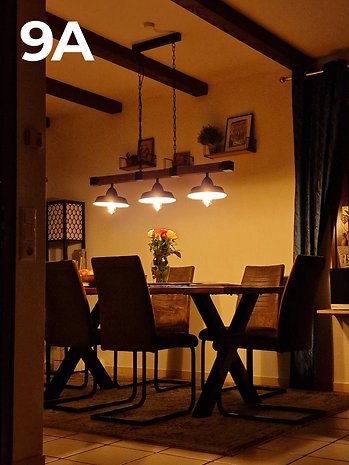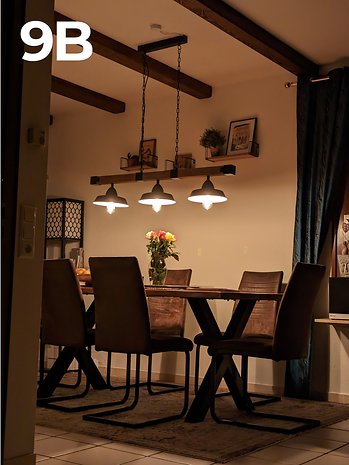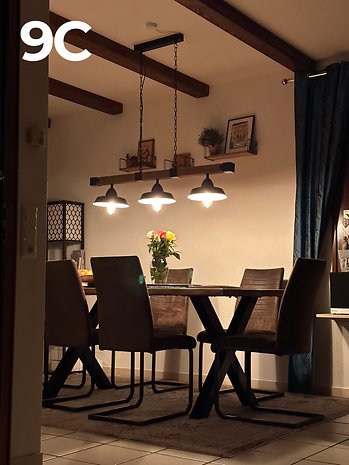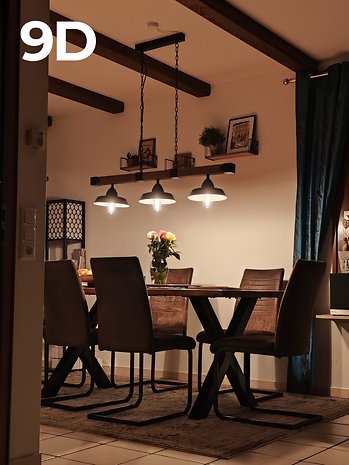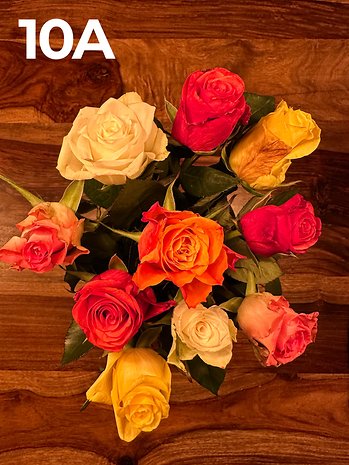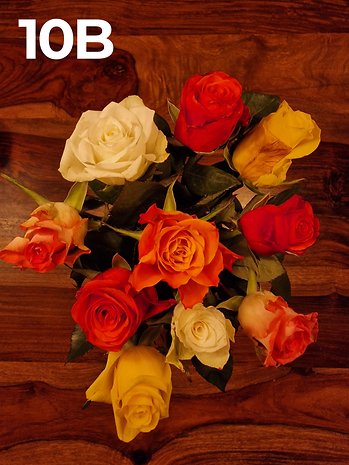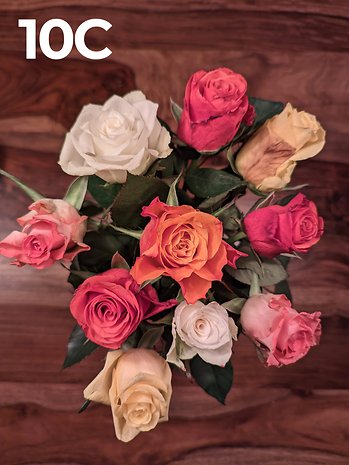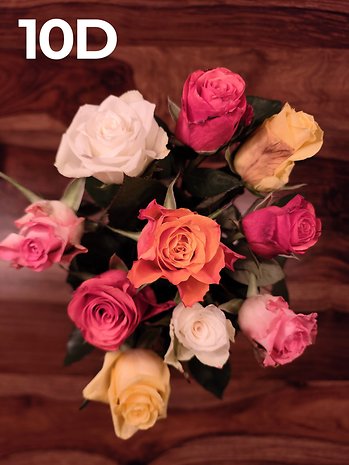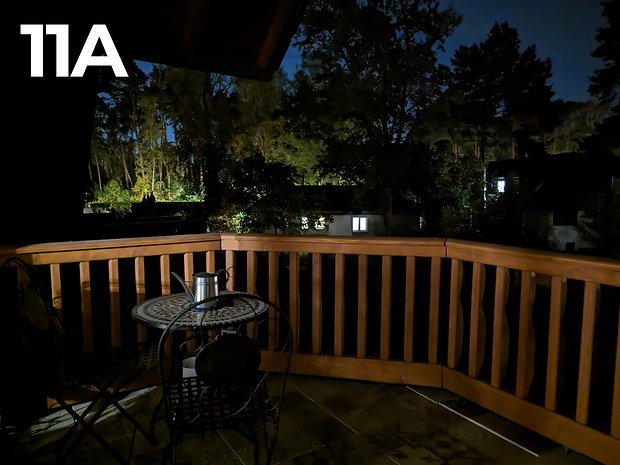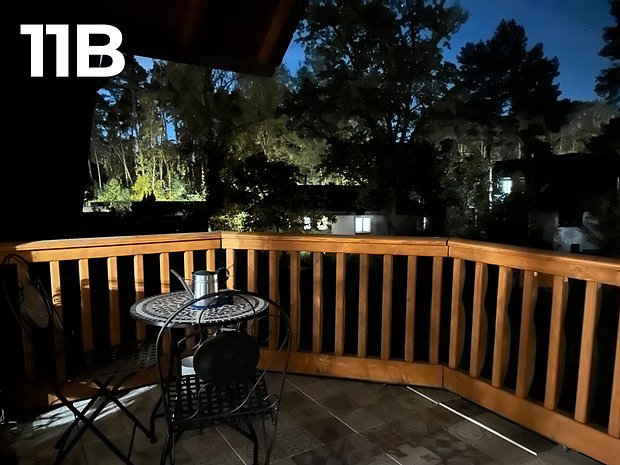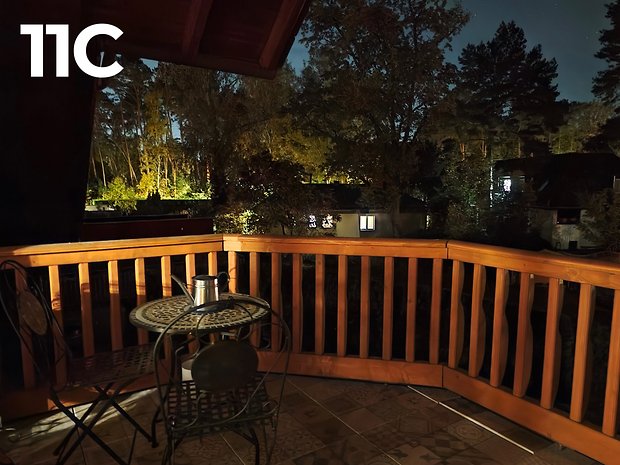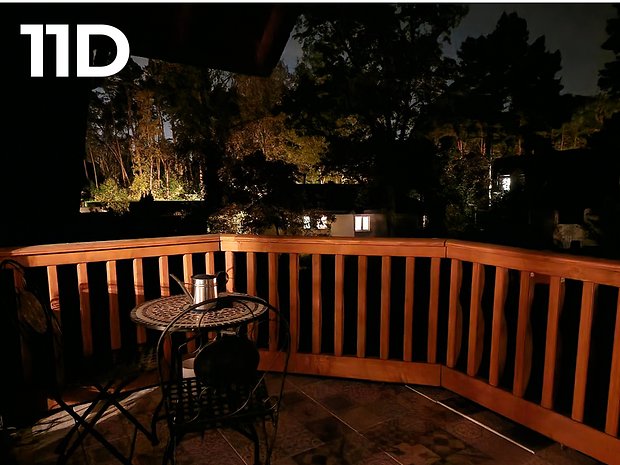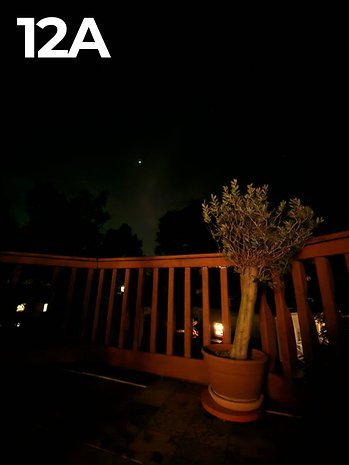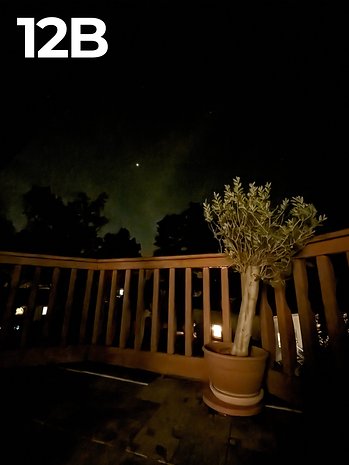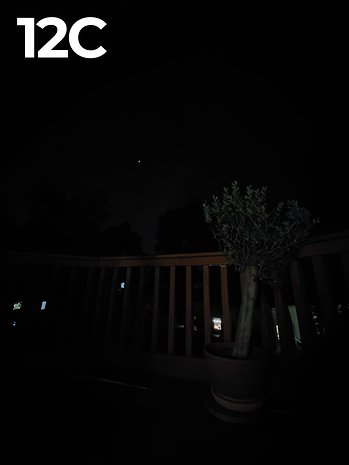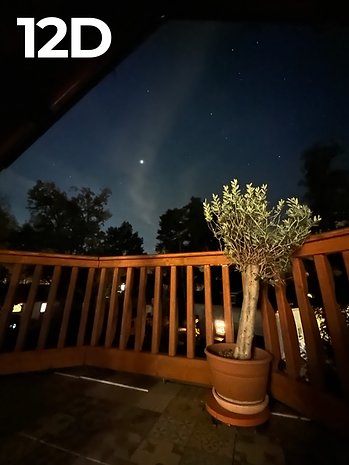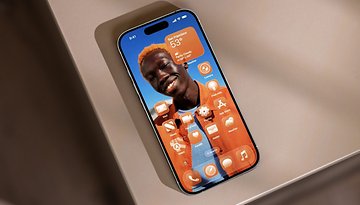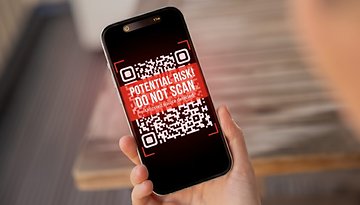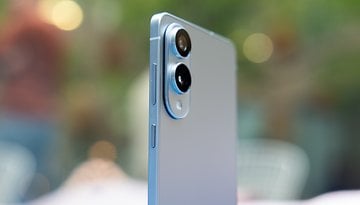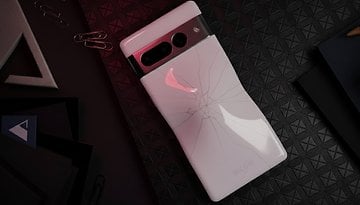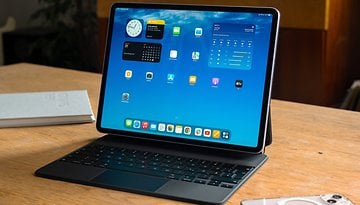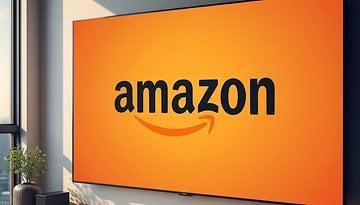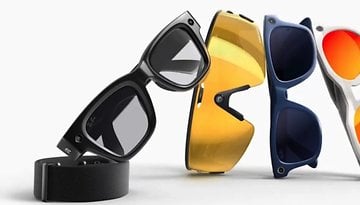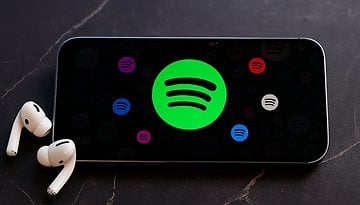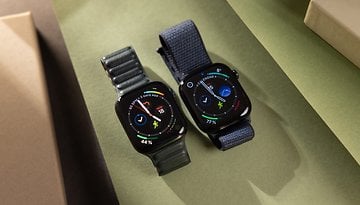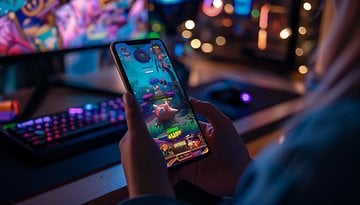Mega camera blind test: iPhone vs Pixel vs Samsung vs Xiaomi
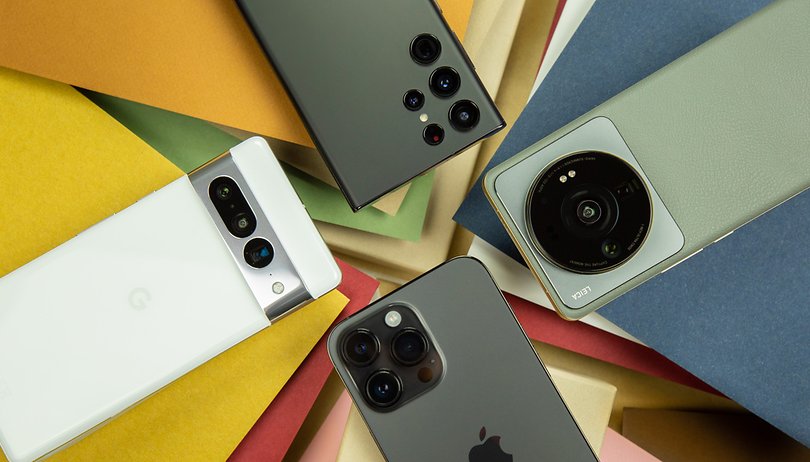

Which smartphone shoots the best photos? We photographed all sorts of subjects using the iPhone 14 Pro Max, Samsung Galaxy S22 Ultra, Google Pixel 7 Pro and Xiaomi 12S Ultra during the day and at night to stretch them to their limits. You can decide which smartphone has the best picture quality in NextPit's major camera blind test!
Four smartphones, twelve subjects, 48 sample photos—and it's now your turn to evaluate the picture quality. Before we dive into the photos and votes, we would like to briefly explain the rules and requirements of the blind test.
The two brand-new flagships Apple iPhone 14 Pro Max and Google Pixel 7 Pro participated in this blind test, making up two of the hottest candidates for the title of Best smartphone camera of 2022. The spring flagship Samsung Galaxy S22 Ultra is more than ready as a challenger, joined by the Xiaomi 12S Ultra with its 1-inch sensor.
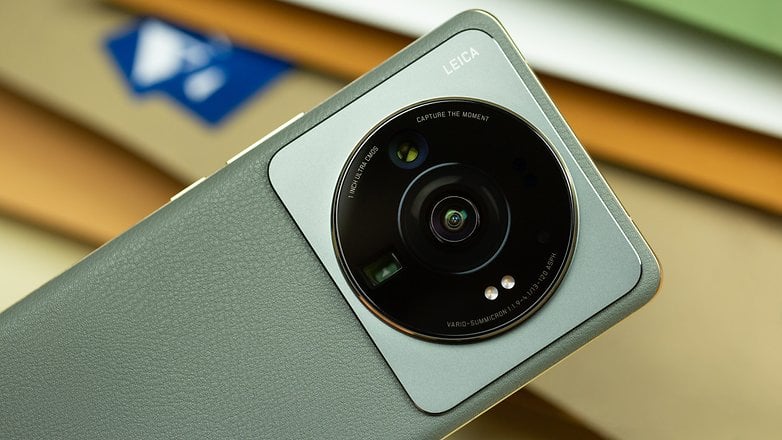
For all four smartphones, we made sure that the latest firmware version available via OTA was installed. We also always took pictures with the factory settings, unless this is specifically noted for the respective subject. We photographed each motif three times with each phone and selected the best picture afterward.
Scene 1: Daylight, main camera
To warm up, we begin with what is probably the easiest exercise: a shot photo in bright daylight using the main camera. There are some strong contrasts with the dark bushes in the yard, but in general, neither the dynamic range nor the lighting conditions are a challenge here - even though the photos were all taken about 15 minutes before sunset.
Scene 2: Daylight, ultra-wide angle
We continue (also still with a low degree of difficulty) with the ultra-wide angle camera. Due to the typically lower-light optics and smaller image sensors, the smartphones already let up a bit here in terms of image quality. Which smartphone is your favorite?
Scene 3: Daylight, portrait
By now, you should already be familiar with this place - the NextPit balcony. For the third sample, the challenge was to shoot the most beautiful portrait photo possible. Our Creative Producer Ezequiel tried out the focal lengths offered in portrait mode and took different pictures of me, each with the same detail. We then selected the best photo for each smartphone. However, you decide which smartphone performed the best here.
Scene 4: Daylight, 2x zoom
All smartphones in the blind test have high-resolution main cameras and thus sufficient capability for digital zoom. For this scene on Bernauer Strasse in Berlin, we set it at 2x zoom and snapped away. Which smartphone offers the best image quality for this autumnal scene? You decide!
Scene 5: Daylight, 5x zoom
The fifth scene at 5x zoom: Which smartphone took the best picture of the Berlin TV tower here? At least on paper, the iPhone 14 Pro Max and the Galaxy S22 Ultra might have the hardest time here, since Xiaomi and Google offer this focal length natively with their telephoto lens. But is there really a noticeable difference here?
Scene 6: Daylight, 15x zoom
Our sixth scene was tailor-made for the Galaxy S22 Ultra. After all, the Samsung smartphone theoretically offers the best zoom capabilities with a 10x telescopic lens. Accordingly, we are curious whether you can determine a difference here.
Scene 7: Tungsten light, ultra-wide angle
Welcome to the NextPit living room. In this scene, the smartphones have to prove that they can cope with poorer lighting conditions in our camera blind test. Also, do pay attention to how the software manages the white balance - we have mixed lighting conditions here due to some daylight and artificial light from the kitchen next door.
Scene 8: Artificial light, main camera
In Berlin's underground, the four smartphones have to prove themselves in nasty neon light conditions. Which of the four devices shows the best image quality at the Nordbahnhof: iPhone 14 Pro Max, Galaxy S22 Ultra, Pixel 7 Pro, or Xiaomi 12S Ultra?
Scene 9: Artificial light, 2x zoom
As you can see, the difficulty level increases slowly but continuously. Our ninth scene is a living room illuminated with warm artificial light. In addition to a correct white balance, the smartphones must keep the image noise in check and ensure sufficient dynamic range.
Scene 10: Tungsten light, macro
For our tenth motif, we swung over to the dining table and photographed the bouquet from above. You already know the lighting conditions from the previous scenario. Now, however, it's all about capturing fine details - and a nice sharpness. In addition, this scene showed that large image sensors don't necessarily offer advantages over a smaller sensor.
Scene 11: Night, main camera
Spoiler: All smartphones performed impressively well in this scene, because hardly anything can be seen with the naked eye here. We took three photos with each smartphone in standard camera mode and three photos in night mode and selected the best picture in each case. Now it's your turn!
Scene 12: Night, ultra-wide angle
The biggest challenge at the end: With the previous lighting conditions maintained, we shot using the ultra-wide angle camera. As you can see, the image quality of almost all smartphones dropped noticeably when they cannot use the large main camera. However, one smartphone stands out - which one is it?
If you've clicked all the way through here, I'd like to start by saying thank you very much for participating! As always, we'll compile the blind test results in one week's time, namely next Wednesday. If you have subscribed to our newsletter, you will receive the resolution of our camera blind test together with the tech stories of the week at 6:30 in the morning.
